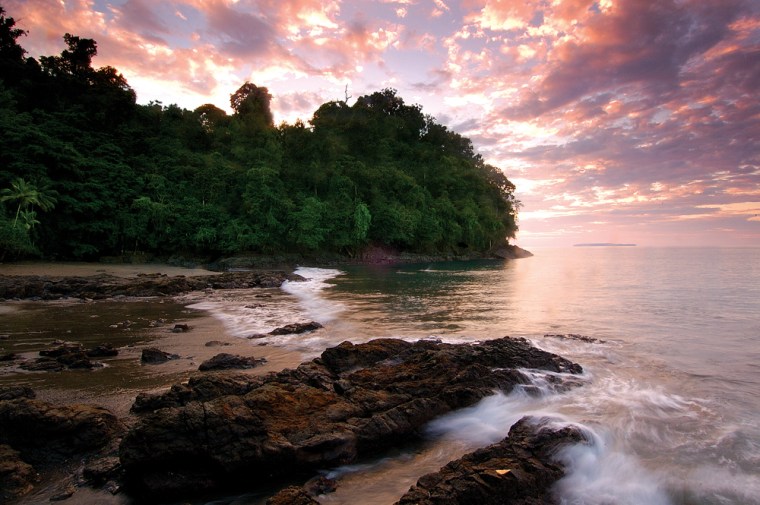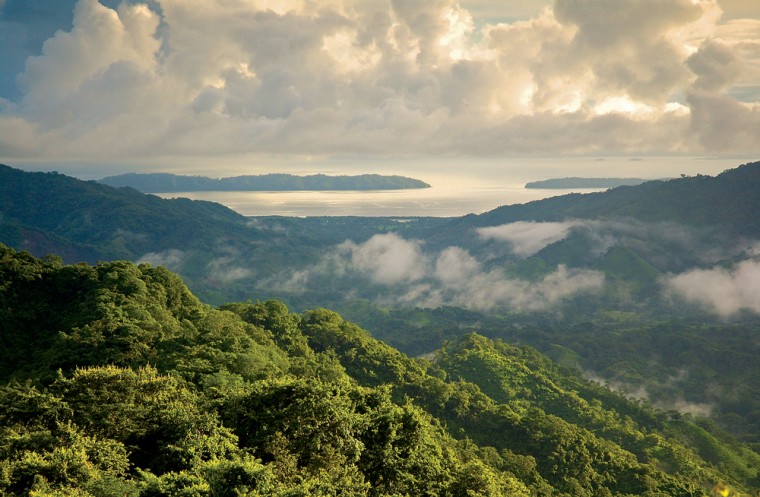The U.S. government and environmental groups will trim $26 million off Costa Rica's foreign debt in exchange for the country spending the same amount on tropical forest conservation, according to an agreement reached Wednesday.
As part of the U.S. Tropical Forest Conversation Act, the United States government will spend $12.6 million to buy back Costa Rica's debt at discounted rates. Conservation International and The Nature Conservancy will each contribute $1.26 million.
Together, with interest, the money will be enough to pay down $26 million of the Central American country's debt, making it the largest debt-for-nature swap on record, according to the Nature Conservancy.
"Costa Rica is teeming with natural beauty, biodiversity and threatened species," said Stephanie Meeks, The Nature Conservancy's chief executive. "And as an increasingly popular tourist and retirement destination, it faces increasing development pressure."
Begun in 1998, the forest conservation program has provided about $135 million to 11 countries, including Guatemala, Panama, El Salvador, the Philippines and Bangladesh.
According to the agreement, Costa Rica must spend the money on forest conservation over the next 16 years. Areas targeted include the Pacific coast's Osa Peninsula, home to Corcovado National Park and a number of endangered species, and Totuguero on the Caribbean.
The Nature Conservancy said the chosen areas "represent the top conservation targets" in Costa Rica.
Costa Rica owes about 90 million to the U.S., according to Finance Minister Guillermo Zuniga.

“This is how modern conservation works, with dynamic partnerships involving all stakeholders to protect ecosystems that sustain life on Earth,” said Conservation International Chairman Peter Seligmann. “The Costa Rican tropical forests are home to a rich variety of life and provide the natural resources depended on by people living in and around them. They also are important for slowing global warming because they store atmospheric carbon, one of the greenhouse gases causing climate change.”
Cutting and burning tropical forests contributes a fifth of total greenhouse gas emissions.
The Nature Conservancy noted that Costa Rica has reversed a deforestation trend that saw it lose almost 80 percent of its original forest cover. It has since replanted areas, with 52 percent of the country now forested again.
Background on the deal and debt-for-nature swaps is online at nature.org.
